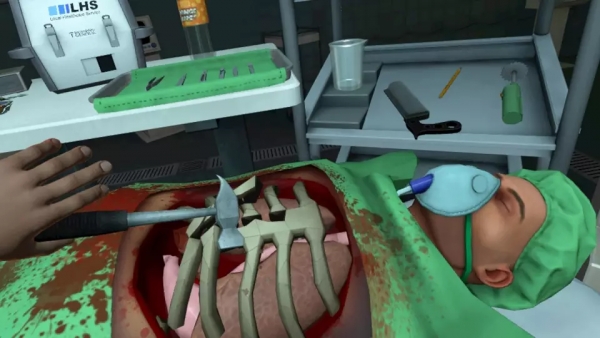
 Data Structure
Data Structure Networking
Networking RDBMS
RDBMS Operating System
Operating System Java
Java MS Excel
MS Excel iOS
iOS HTML
HTML CSS
CSS Android
Android Python
Python C Programming
C Programming C++
C++ C#
C# MongoDB
MongoDB MySQL
MySQL Javascript
Javascript PHP
PHP
- Selected Reading
- UPSC IAS Exams Notes
- Developer's Best Practices
- Questions and Answers
- Effective Resume Writing
- HR Interview Questions
- Computer Glossary
- Who is Who
What is the difference between a simulator and an emulator?
Simulation and Emulation
Emulation is the process of the replica of the visible behavior in order to match the existing target. The inner state of this mechanism does not need to reflect the internal state of the target precisely. The emulator is used in order to emulate.
Simulation, in fact, involves modeling the inner state of the target to which stimulation is done. The end result of a noble simulation is that this mechanism will emulate the target that it is simulating. A simulator does this process.

Except for the actual definition, the other points of difference between the Simulator and an Emulator are:
Time of Operation: An emulator will always have to operate close to real-time. But a simulator need not always do so.
Other Names or Synonyms: Simulator mimics while Emulator performs. This is why simulators are called recreators while Emulators are called Performers.
Literal translation: Emulation comes from æmulus and is related to "imitate" and "image,". "Simulation" comes from similes "like", the word "similar”.
Software and Hardware Terminology: A ROM emulator model would be software instead of hardware. The existing MS Flight Simulator is nearly opposite to this.
The rules of emulation are fixed and cannot be changed else, the system fails. But simulators are at ease with such an orthodox approach in rules.
Hence, not only their literal translations are different, even the operations of these two are way different.

